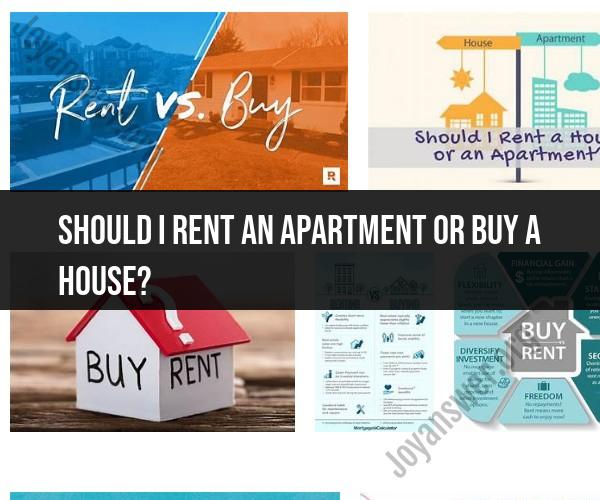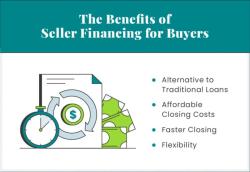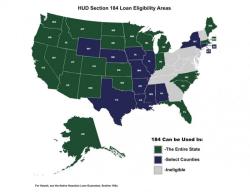Should I rent an apartment or buy a house?
The decision between renting an apartment and buying a house depends on various factors, including your financial situation, lifestyle, and long-term goals. Both options have their pros and cons, so it's essential to consider your priorities and circumstances before making a decision. Here are some factors to consider:
Renting an Apartment:
Flexibility: Renting offers greater flexibility. You can easily move to a new location when your lease ends, making it suitable for those who expect to relocate in the near future.
Lower Initial Costs: Renting typically requires lower upfront costs compared to buying a house. You won't need a substantial down payment, and you won't be responsible for property maintenance and repairs.
Fixed Monthly Costs: Renters have predictable monthly expenses as rent costs are generally stable, including property taxes, insurance, and maintenance, which are the landlord's responsibility.
Limited Financial Commitment: Renting is a shorter-term financial commitment, making it suitable for individuals who prefer not to tie up their finances in a long-term investment.
Less Responsibility: Renters don't have to worry about property maintenance and repair costs, as these are typically handled by the landlord.
Buying a House:
Ownership: Buying a house means you'll have an asset that can appreciate in value over time. You can build equity and potentially benefit from home price appreciation.
Stability: Owning a home can provide a sense of stability and security. You have control over your living space and can make changes or renovations as you see fit.
Tax Benefits: Homeowners may be eligible for tax deductions, such as mortgage interest deductions and property tax deductions, which can reduce their overall tax liability.
Potential Rental Income: If you have extra space, you can rent out part of your house to generate additional income.
Long-Term Investment: Buying a home is a long-term investment that can be part of your retirement and financial planning.
Considerations:
To make the right choice, consider the following:
Financial Situation: Can you afford the upfront costs associated with buying a house, such as the down payment and closing costs? Are you financially prepared for ongoing expenses like mortgage payments, property taxes, insurance, and maintenance?
Lifestyle and Goals: Consider your lifestyle and long-term goals. Do you want the flexibility to move frequently, or are you looking for stability and long-term investment opportunities?
Market Conditions: Assess the real estate market in your desired location. Is it a buyer's market or a seller's market? Market conditions can influence both the availability and pricing of properties.
Future Plans: Think about your future plans, such as family growth, career prospects, and retirement goals. Your housing choice should align with your future aspirations.
Rent vs. Buy Calculator: Use online rent vs. buy calculators to compare the financial implications of both options based on your specific circumstances.
Ultimately, the decision between renting an apartment and buying a house is a highly personal one. It's advisable to consult with a financial advisor or real estate professional who can help you evaluate your options and make an informed decision that suits your needs and objectives.












